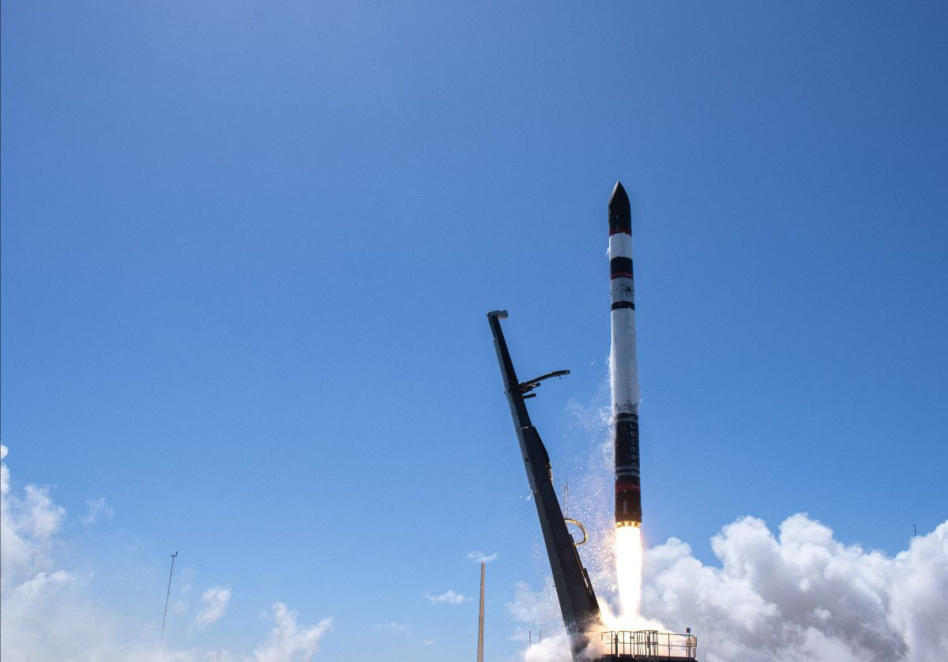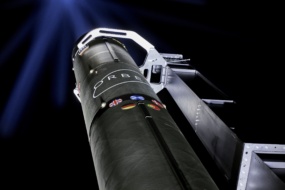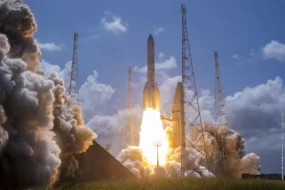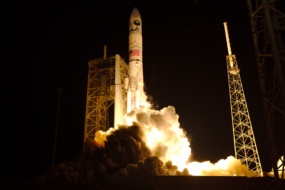For Rocket Lab ($RKLB), the well-worn proverb is proving true: Everything old is new again.
The startup is planning to launch its Electron rocket with only reused engines on a future mission TBD, the company’s CEO Peter Beck said Thursday on X, formerly known as Twitter.
Beck announced the first stage full reusability goal just one day after the startup successfully launched Electron with one previously-flown engine onboard. The achievement places Rocket Lab alongside SpaceX and the shuttle as the only orbital rocket engines to achieve reuse.
Electron workhorse: Rocket Lab’s Electron micro-lift rocket has been the second most prolific commercial launch vehicle over the last couple of years, behind SpaceX’s Falcon 9.
- The company is on track to hit 15 flights this year.
- Electron is capable of ferrying 300 kg to LEO.
- The average price tag is ~$7.5M per launch.
Despite the high launch cadence, Rocket Lab’s launch services remain unprofitable, driving heavy financial losses.
The company believes the move to reused Electron engine flights will reduce costs as engines can make up more than half the booster cost. However, it’s unclear how much they could save, since engine recovery and refurb costs can also add up.
- Rocket Lab recovers its Electron booster by making a parachute-softened landing in the ocean, followed by an immediate boat recovery to protect the engines from saltwater erosion.
- Although performed at a very different scale, as an example, SpaceX spends ~$2M to recover its Falcon 9 boosters on a pad at sea and ~$1M to refurbish the vehicle.
Neutron reusability: Rocket Lab is designing its next-gen medium-lift Neutron with a fully reusable booster rocket. With a targeted 13,000 kg to LEO capacity and $50M launch price tag, Rocket Lab expects to achieve 50% margins on Neutron, as reported by CNBC.
The margin boost gained from reusability has propelled an industry-wide shift. Nearly all launch companies are now attempting to incorporate reuse in their next-gen vehicle designs.





